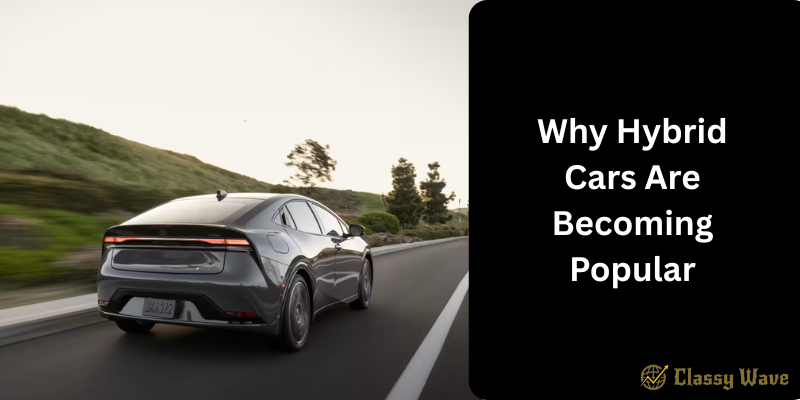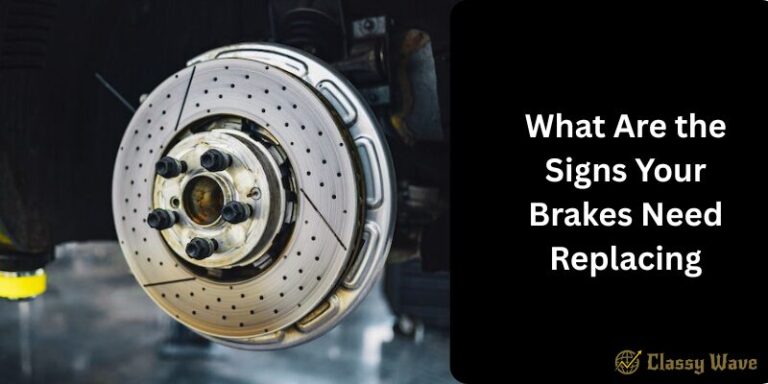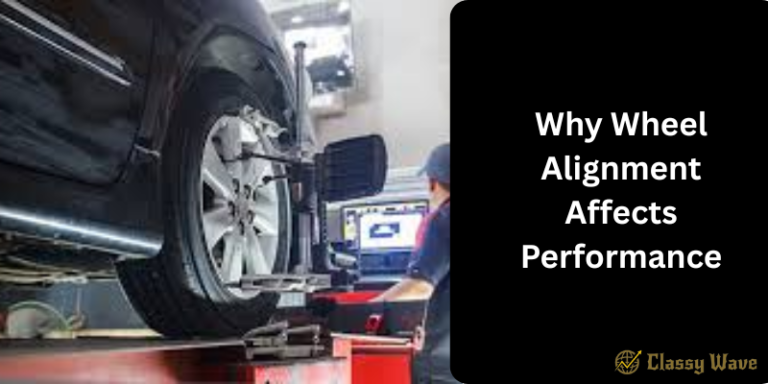Why Hybrid Cars Are Becoming Popular | Classy Wave
Over the past decade, hybrid cars have shifted from being a niche concept to a mainstream choice for millions of drivers around the world. As environmental awareness grows and fuel prices fluctuate, more people are turning toward hybrid technology for a smarter, cleaner, and more efficient driving experience. But what exactly makes hybrid cars so popular today? Let’s explore the reasons behind this automotive revolution.
What Is a Hybrid Car?
A hybrid car combines two power sources — a traditional internal combustion engine (usually gasoline) and an electric motor powered by batteries. This combination allows the vehicle to optimize performance and fuel efficiency while reducing harmful emissions. Depending on the driving situation, the car automatically switches between or combines both power sources to achieve the best results.
1. Fuel Efficiency and Cost Savings
One of the biggest reasons hybrid cars are gaining popularity is their impressive fuel efficiency.
By using an electric motor alongside a petrol engine, hybrid vehicles consume less fuel, especially in stop-and-go city traffic. Over time, this results in significant savings on fuel costs, making them an attractive option for budget-conscious drivers.
For example, where a regular petrol car might offer 12–14 km/l, many hybrid cars deliver 20–25 km/l or more — that’s nearly double the mileage!
2. Environmentally Friendly Driving
As climate change becomes a global concern, more people are opting for eco-friendly alternatives. Hybrid cars emit less carbon dioxide (CO₂) than traditional vehicles, helping reduce pollution and contributing to cleaner air.
Governments worldwide are also promoting green mobility through tax incentives and rebates, which further encourages buyers to go hybrid.
3. Advanced Technology Integration
Hybrid cars are known for their innovative technology. Most come with advanced features like regenerative braking, where the car converts braking energy into battery power, and smart energy management systems that optimize power usage.
Many modern hybrids also include cutting-edge infotainment systems, adaptive cruise control, and AI-driven performance monitors — features once reserved for luxury models.
4. Reduced Dependence on Fossil Fuels
By using electricity as part of their power source, hybrid cars reduce dependence on gasoline and diesel. This helps countries lower fuel imports and supports a shift toward renewable energy.
With the rise of solar and wind energy, charging hybrid batteries from renewable sources makes them even more sustainable.
5. Longer Driving Range
Unlike fully electric cars that depend solely on battery charge, hybrids offer the best of both worlds — electric power for short trips and gasoline backup for longer journeys. This eliminates “range anxiety,” a common concern among EV owners, making hybrids a practical choice for drivers who travel frequently or live in areas with limited charging infrastructure.
6. Low Maintenance and Durability
Hybrid cars often experience less wear and tear compared to traditional cars because the electric motor assists the engine, reducing strain.
Additionally, technologies like regenerative braking mean less pressure on brake pads. Most hybrid components are designed to last long, and warranties on hybrid batteries now commonly extend up to 8–10 years.
7. Smooth and Quiet Driving Experience
Thanks to the electric motor, hybrid cars offer quieter and smoother acceleration, especially at low speeds. The transition between electric and fuel power is nearly seamless, giving drivers a refined, peaceful experience — ideal for city commutes and daily travel.
8. Government Incentives and Support
Many countries now offer tax reductions, subsidies, or free parking for hybrid and electric vehicle owners. For example, some regions allow hybrids to use carpool lanes even with a single occupant, further enhancing convenience.
These financial and lifestyle incentives make owning a hybrid not only environmentally responsible but also economically smart.
9. Growing Variety and Availability
Gone are the days when hybrid cars were limited to a few models. Today, nearly every major car manufacturer — from Toyota and Honda to BMW, Hyundai, and Ford — offers hybrid versions of popular models.
Whether you prefer compact hatchbacks, spacious SUVs, or luxury sedans, there’s now a hybrid option to suit every taste and budget.
10. Changing Consumer Mindset
Modern consumers are more environmentally conscious than ever before. People are looking for ways to reduce their carbon footprint without sacrificing convenience or comfort. Hybrid cars perfectly bridge that gap, offering both eco-efficiency and modern performance.
As sustainability becomes part of lifestyle choices, hybrid cars are seen as a smart and responsible investment for the future.
11. Resale Value and Market Demand
With growing awareness and fuel cost concerns, hybrid cars tend to hold their resale value better than traditional vehicles. As demand continues to rise, used hybrid models also attract a large pool of interested buyers, giving owners better returns on their investment.
12. Step Toward Full Electrification
Hybrid vehicles serve as a transition technology between conventional cars and fully electric vehicles (EVs). They allow drivers to experience partial electrification without committing entirely to battery charging routines.
As EV infrastructure expands, hybrids pave the way for smoother adoption of all-electric transport in the future.
13. Brand Innovation and Trust
Automotive giants like Toyota, Honda, and Hyundai have invested heavily in hybrid technology for decades. Models like the Toyota Prius, Honda Insight, and Hyundai Ioniq have proven reliability and performance, earning consumer trust and driving continued popularity in the hybrid segment.
Conclusion
The growing popularity of hybrid cars isn’t just a trend — it’s a reflection of changing priorities. People today value efficiency, sustainability, and innovation, all of which hybrids deliver effortlessly. With advancements in technology, better affordability, and global efforts to reduce emissions, hybrid cars represent the perfect middle ground between traditional and electric mobility.
As the world moves toward greener transportation, hybrids are not just a choice — they’re a smart step into the future.







